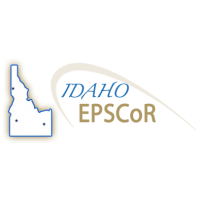Through ecological sanitation a linear system becomes circular, so that the "waste" our bodies produce is reclaimed to sustain communities. Such transformation requires both physical changes in "waste" management and sociocultural changes in how we talk, think and act. A co-learning approach envisions scientists and practitioners as partners in communication, education and implementation transforming human "waste" into valued resource. Inviting questions and critical conversations helps avoid future harm caused when community knowledge and control isn't prioritized from the outset. Eliciting community curiosities and concerns through experiential learning enables collaboration in developing and piloting new technologies and initiating infrastructural change.
Resource Use:
License: CC-BY
Recommended Citation: Opperman, S., Cavicchi, J., Schreiber, T., & Hardin , R. (2022). Co-learning approaches to talking and thinking about pee: community perspectives on urine recycling communication and education . University of Idaho. https://doi.org/10.7923/MM2X-W922
Data and Resources
| Field | Value |
|---|---|
| Modified | 2022-05-20 |
| Release Date | 2022-05-20 |
| Publisher | |
| Identifier | c5b68e20-2f2d-4186-b1b3-b53275c4b8b5 |
| Spatial / Geographical Coverage Location | Upper midwest and New England USA |
| Temporal Coverage | Thursday, September 1, 2016 - 00:00 to Wednesday, September 1, 2021 - 00:00 |
| Language | English (United States) |
| License | |
| Author | |
| Contact Name | Tatiana Schreiber |
| Contact Email | |
| Public Access Level | Public |
| DOI | 10.7923/MM2X-W922 |


![[Open Data]](https://assets.okfn.org/images/ok_buttons/od_80x15_blue.png)